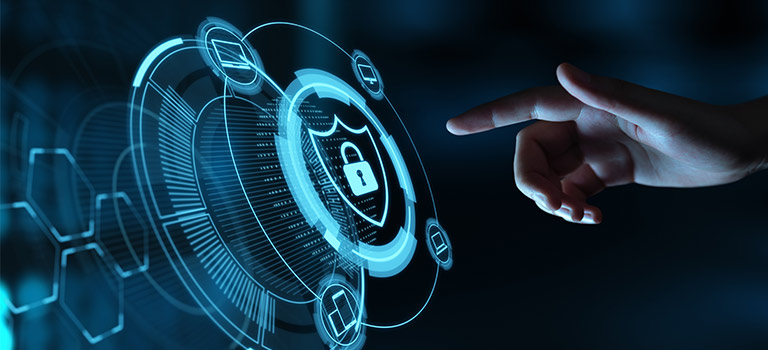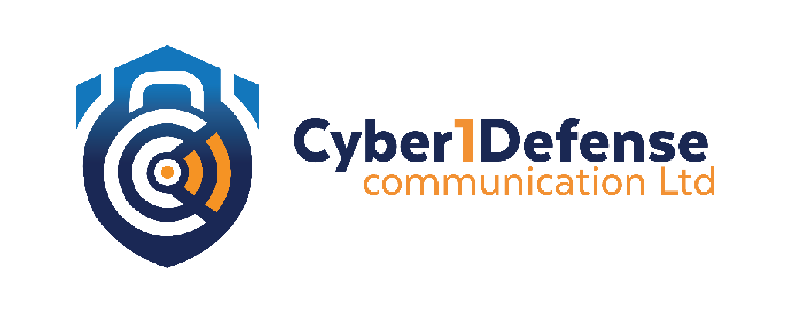[mc4wp_form id=”2320″]
Wallets and Security: Safeguarding Your Crypto Assets
-
April 29, 2024
- Posted by: dk

Wallets and Security: Safeguarding Your Crypto Assets
Understanding Wallets
One of the key components of ensuring the security of your crypto assets is selecting the right wallet and implementing best security practices. In this article, we will explore the importance of wallets and security in the blockchain space and provide valuable tips to help you keep your assets safe.
A cryptocurrency wallet is a digital tool that allows you to store, send, and receive cryptocurrencies. There are several types of wallets available, each offering different levels of security and convenience. The main types of wallets include:
- Hardware Wallets: These are physical devices that store your cryptocurrencies offline, making them highly secure against online threats such as hacking. Hardware wallets are considered one of the safest ways to store your crypto assets.
- Software Wallets: These are digital wallets that run on your computer or mobile device. While convenient, software wallets are more susceptible to hacking and malware attacks compared to hardware wallets.
- Paper Wallets: A paper wallet is a physical document that contains a public address for receiving cryptocurrencies and a private key for accessing and managing your funds. Paper wallets are secure as long as they are generated and stored securely.
Best Security Practices
Regardless of the type of wallet you choose, implementing the following security practices can help protect your crypto assets:
- Use Strong Passwords: Create strong, unique passwords for your wallets and enable two-factor authentication (2FA) whenever possible.
- Backup Your Wallet: Regularly backup your wallet and store the backup in a secure location, such as a safe or a secure cloud storage service.
- Keep Your Software Up to Date: Ensure that your wallet software and any associated applications are kept up to date with the latest security patches and updates.
- Beware of Phishing Scams: Be cautious of emails, messages, or websites that ask for your wallet information or private keys. These could be phishing attempts aimed at stealing your crypto assets.
- Use Cold Storage: Consider storing a significant portion of your crypto assets in a hardware wallet or a paper wallet, which are offline and therefore less vulnerable to online attacks.
- Monitor Your Accounts: Regularly check your wallet and exchange accounts for any unauthorized transactions or suspicious activity.
Conclusion
By selecting the right wallet and implementing best security practices, you can significantly reduce the risk of losing your crypto assets to theft or hacking. At Cyber1defense Communication, we are committed to helping blockchain users stay safe and secure in the digital world. If you have any questions or need assistance with securing your crypto assets, feel free to contact us. Remember, when it comes to cryptocurrencies, security should always be your top priority.
